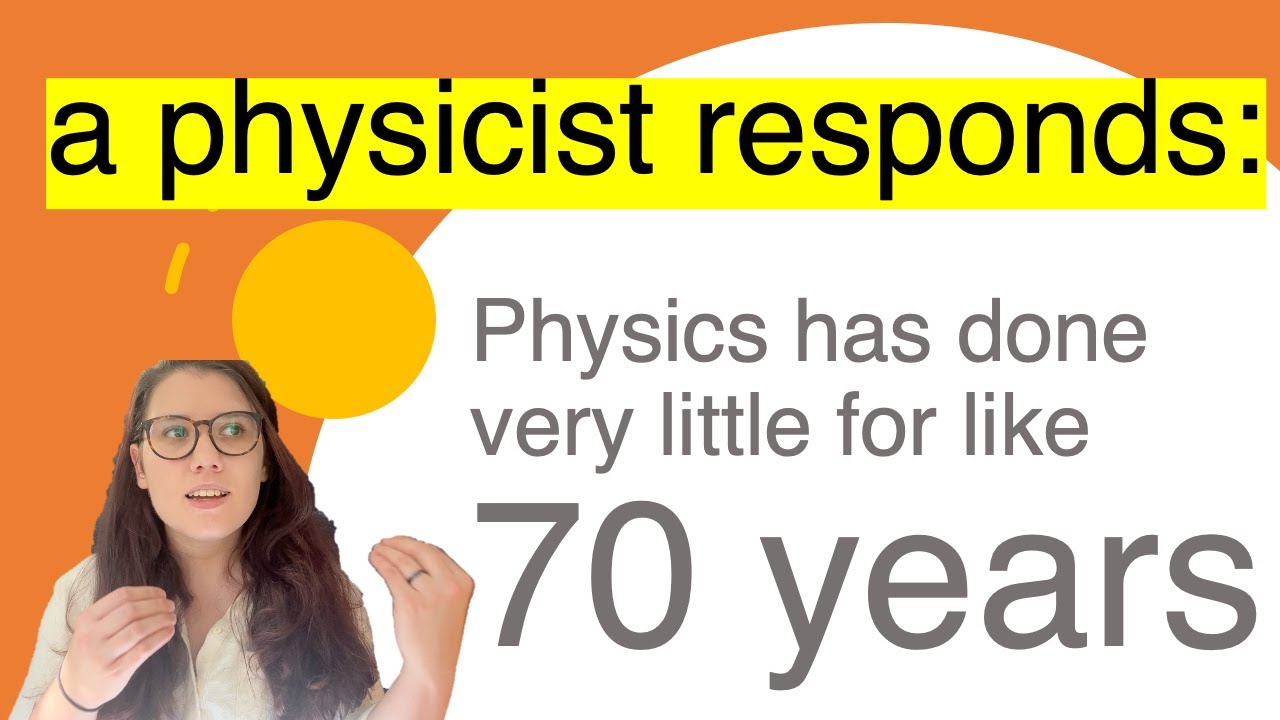- cross-posted to:
- [email protected]
- cross-posted to:
- [email protected]
Even the title sounds kind of silly. Didn’t they just measure a gravity wave for the first time like ten years ago?
I gotta watch it all still. But one thing that caught my ear was something I came across studying physics in higher level education too. Or any higher level subject for that matter
The general population knows only the basics, which were established hundreds of years ago. Enthusiasts learn in some more detail and complexity, but it’s still the highly established explainers they have access to eg. for physics: quantum mechanics and relativity which are decades old
But recent physics in academia and research is still being figured out and taught to the most dedicated. So a very small set of people know or care about it, and understand its importance. Stuff of few years or decades past
It’s like how people think history is just like Sparta then Alexander then Napoleon then Hitler then Civ 6 because they saw it on YouTube because they love history. That’s not exactly historians really do or talk about
yea but we dont have FTL or IRL catgirls sooooo
Jan 1 2050 Humanity receives a message from the alien catgirls
Jan 2 2050 Humanity invents FTL
I think the primary issue is that there is no perception of technological progress due to physics. Most folks don’t know anything about physics research, they just get excited off of residual space race propaganda that is no longer produced - and the space race itself is over along with the designated cold war enemy.
Physics research makes its way into technology all the time but it ends up being things like faster wireless communication and cooler trains. Folks have no narrative to get them excited about slightly faster internet and the US doesn’t invest in trains. Everyone is reduced to a consumer so the only narrative they get is marketing and half the time they aren’t even the intended customer (enterprise is).
Another aspect of this is that neoliberalism robs everyone of infrastructure, which is where research tends to have the most recognizable impacts. Infrastructure, defined widely, includes transportation (no new trains) and sewers and power plants, as well as healthcare and other community services. Instead of organizing production around creating good public transportation for all or a mass housing project or curing a set of diseases, production is geared towards advertising, monopoly, stripping productive industries for parts, and turning community services into debt creators. In other words, physics could be translated into popular and recognizable engineering practice, but is relegated to the interests of capital instead.





